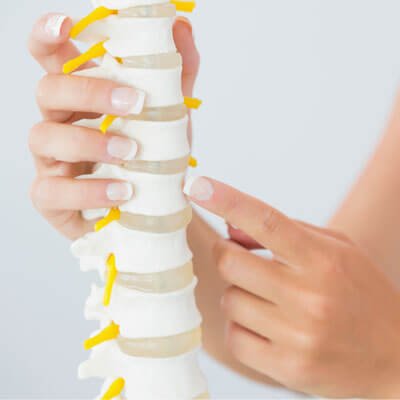
In anatomy, a plexus is an area where several nerves and blood vessels bundle together as they pass through the same spot. The result looks like a tangle or net that, while great at saving space, can be very problematic when damaged.
The brachial plexus is located in each shoulder and contains nerves going from the spinal cord to the shoulder and down to the rest of the arm. These nerves are responsible for the movement, feeling, and strength of the arm they connect to, and so when they’re irritated or damaged, the effect can extend through the entire arm. Minor injuries where the nerves get too stretched or squeezed are common in sports, although they can also come from inflammation, tumors, or even from birth in newborns. These injuries usually come with a sharp electric or burning pain, numbness, and weakness along the arm. They typically last only a few seconds or minutes, but they can sometimes last a day or more.
More severe injuries usually come from motor vehicle accidents. They occur when the nerves are seriously hurt – even torn or broken. In the most severe cases, the nerves can be disconnected from the spinal cord at their roots. This causes much more severe pain, and other symptoms can range anywhere from weakness and loss of muscle control to complete numbness and paralysis. These especially require medical attention as a bad injury can have permanent effects.
Similar to the arms, the legs and hips are also controlled by nerves going through the lumbar plexus, located near the bottom of your spine. Injury or irritation can lead to the same symptoms as the nerves in the brachial plexus, but in the legs, hips, and the lower abdomen. Since these nerves connect to multiple other organs, a bad injury here can also lead to a loss of bowel and bladder control.
Treating an injury to either plexus involves treating the source of each symptom. In cases where the issue is from an underlying condition like cancer or untreated diabetes, the first priority is to take care of those to stop the injury from getting worse. Then, you can focus on the immediate effects of the injury, and eventually on healing and restoring function to the affected limbs. This is where your chiropractor can help!
Chiropractors are trained to handle problems of the muscles, bones, and nerves, and know how to take physiological stress off of injuries. They can help you with regular exercises and procedures that get your muscles and bones used to moving once again.
CONTACT US
